July 12 marks Malala Day at the United Nations, championing not only one youth’s fight for girls’ education but also the power of youth movements all over the world. It seems fitting that Malala Yousafzai celebrate her 16th birthday at the U.N., almost nine months after suffering a gunshot wound to the head by the Taliban in response to her advocacy in Pakistan for girls’ education. Her birthday coincides with her first public speech and is mobilizing major youth engagement at the U.N. Since the attack, her story has come to represent the fight for equitable education and the struggle that girls endure and overcome to gain the same opportunities as boys. Promoting education for all is a global fight—as seen just last week with a terrible attack on the school in Nigeria. The significance of this occasion not only reflects Malala’s impact but also the power of youth to move forward issues that directly influence their livelihoods and their future.
Malala Yousafzai’s Address at the United Nations Youth Assembly, July 12, 2013:
Malala turning 16 parallels many cultural celebrations for girls’ coming of age, like the Quinceañera in the Latin American tradition or the Bat Mitzvah in Judaism. Yet, even before these important rites of passage, many girls’ struggle to be educated or have already been deprived of that chance. Some work for years to help support their family or are forced into early marriages. One in seven girls from developing countries is married before her 15th birthday.
The Millennium Development Goals (MDGs) have attracted international attention to these issues and have improved conditions for girls, but we need an enduring commitment. On July 1, at the High-Level Segment at the U.N. Economic and Social Council meeting, Secretary-General Ban Ki-Moon urged for greater progress on the MDGs, particularly referencing the achievement of universal primary education and equitable opportunities for women. In 2011, sixty-five million girls were denied the chance to complete primary school and lower secondary school, and Malala Day reinforces the fact that progress is still needed.
Girls are rallying together because their education has changed the fate of their futures. For every additional year of school a girl completes, her future earnings can increase by 10 to 20 percent. When girls are educated, they increase the potential to contribute to the economic vitality of their family and empower the next generation of girls to strive for the same opportunities. Some estimates even show that a 1 percent increase in the national level of women’s education can foster a 0.3 percent increase in economic growth.
But the movement for girls’ education is not just a “girl thing.” Boys see their mothers and sisters not receiving the same opportunities and know that they can play a role in promoting change too. For example, through a program called Brothers Join Meena, there are now 40,000 boy scouts in Baluchistan, Pakistan who have rallied together with UNICEF to help improve gender issues by consulting with local communities about the need to educate girls. This program has prompted an increase in female literacy rates there as well as an increase in immunization rates and a reduction of diseases spread by poor hygiene. Similarly, Promundo, based in Brazil, focuses on working with men and boys to transform gender norms and create dialogues on masculine identity. Their work engages the male community and shows how men can contribute to the conversation on gender equity. Increasingly through such initiatives, policymakers recognize the importance of including boys as well as girls in addressing gender issues.
Third, youth are the future and are taking initiative to promote their educational success. On July 12, the Global Education First Youth Advocacy Group (YAG) will convene 500 young people for a “youth takeover” of the U.N. This group has come together to provide leadership and expertise on education issues through their own experiences as advocates in their respective country contexts. To mobilize people internationally, the YAG helped to develop a call to action around education entitled, “The Youth Resolution: The Education We Want.” Commitments to the document came in from almost 40 countries, and the YAG intend to share it with world leaders on Malala Day. With the MDGs set to expire in less than 1,000 days, the YAG seeks to ensure that youth rights and leadership are incorporated into the post-2015 international development framework. The expanse of this youth movement is not just a U.N. phenomenon, but something in which youths themselves can inspire and spark global change.
While still considering the progress that has been made, Malala’s emergence on the global stage does not signify a victory. Girls still remain the target of oppression, disadvantage and violence as they struggle to break gender barriers. Malala’s story brings this issue to the forefront of the international development agenda and captivates our attention. With a mobilized youth population and leaders watching at the U.N., let’s not forget the road ahead. Through this harnessed collective action, we must recognize youth’s increased power to promote change and, in turn, amplify their voices.
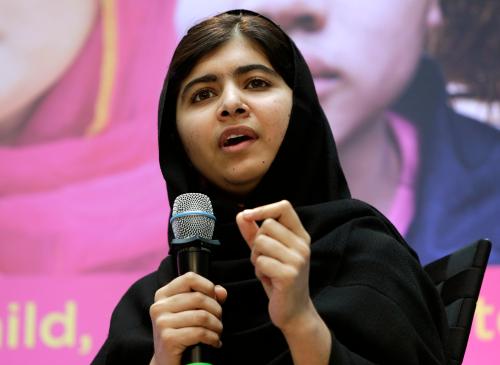
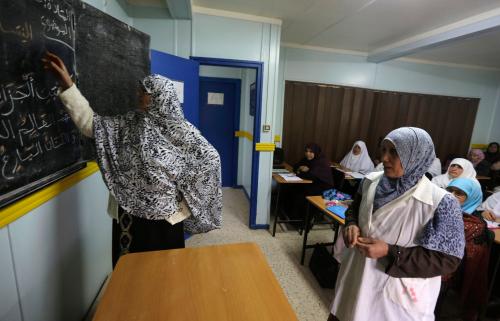
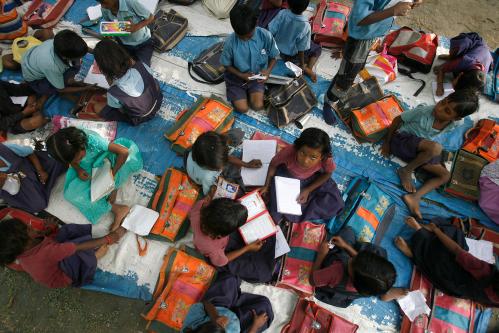

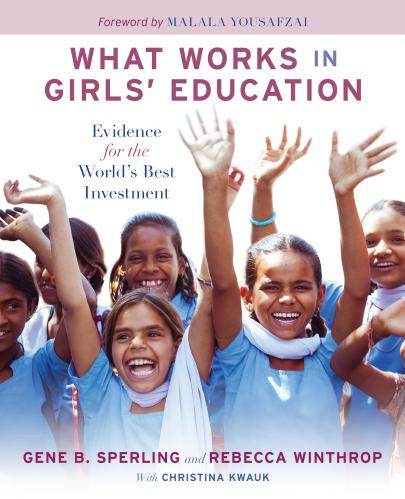


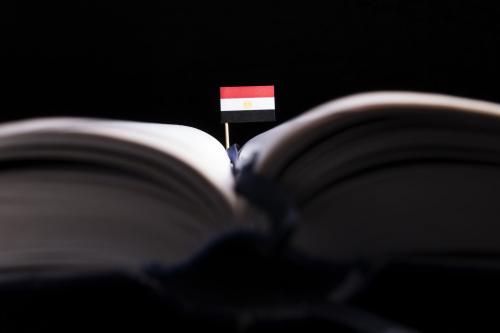
Commentary
Malala’s Birthday Wishes: Equitable Education and Youth Empowerment
July 10, 2013